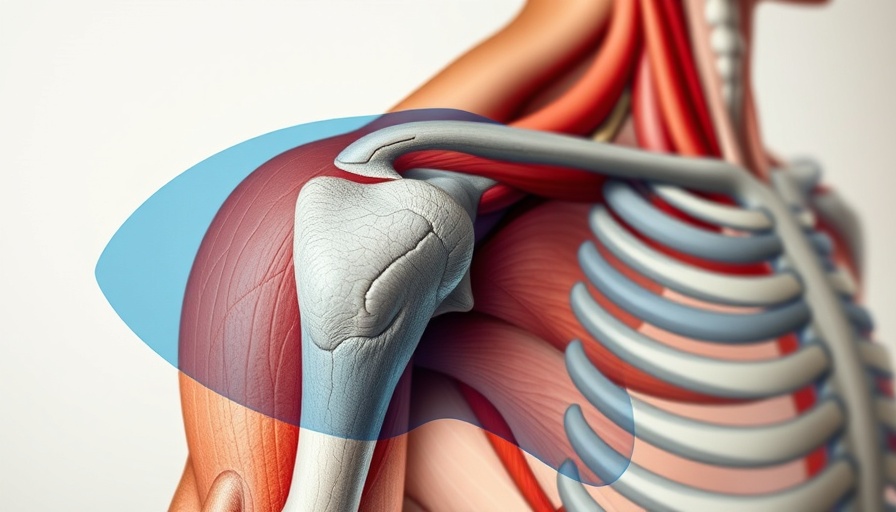
Understanding Cochlin: The Key to Tendon Health
Recent research highlights cochlin, a protein essential for maintaining tendon health, especially as we age. Published in Matrix Biology Plus, the study reveals insights into the implications of cochlin deficiency, demonstrating that the absence of this protein leads to significantly weaker tendons in mice.
The Role of the Extracellular Matrix in Tendon Function
Tendons connect muscles to bones and rely on a robust extracellular matrix (ECM) for optimal performance. This matrix needs to withstand the forces exerted during physical activities; otherwise, the tendons may falter in their function and healing capabilities. The study's authors draw attention to tenocytes, the cells responsible for tendon maintenance, which react dynamically to external pressures by constructing and dismantling the ECM, thereby preserving tendon strength and stability.
The Impact of Aging on Tendon Structure
Aging seems to deplete tenocytes associated with tendon repair, especially cells linked to the Scleraxis lineage. The loss of these critical cells is a significant factor in declining tendon function. This newly published research takes a deeper look at cochlin's role not only in the structural integrity of tendons but also in their overall health.
Cochlin Deficiency and Its Effects
In experiments observing the differences between wild-type and cochlin-less mice at various stages of maturation (3, 6, and 9 months), substantial variations were noted. Mice lacking cochlin exhibited wider collagen fibrils and a marked decrease in tendon stiffness by 6 months. This reduction in stiffness compromised the tendons' ability to handle loads, worsening over time.
Healing vs. Maturation: Different Impacts
Interestingly, despite the structural deficiencies observed in the cochlin-deficient mice, their ability to heal did not appear adversely affected. Healing tests post-surgery indicated comparable recovery rates between both groups. The researchers interpret these findings to suggest that while cochlin is vital for proper tendon maturation, it might not play a direct role in the healing process itself.
Future Research Directions
While the findings firmly establish cochlin as a significant protein for tendon health and function, the researchers note the need for further studies. Specifically, they aim to explore the implications of aging and the potential therapeutic benefits of upregulating cochlin and similar ECM-related proteins. This could pave the way for innovative treatments to support tendon health throughout our lives.
Conclusion: A Path to Stronger Tendons
Cochlin emerges as a key player in tendon development, with research indicating that maintaining levels of this protein may be crucial as we navigate the aging process. Understanding the complexities of tendon health underscores the importance of proactive strategies—like engaging in regular physical activity and ensuring proper nutrition—to support our bodies as they age.
 Add Row
Add Row  Add
Add 




Write A Comment